Science makes feed for better pig performance
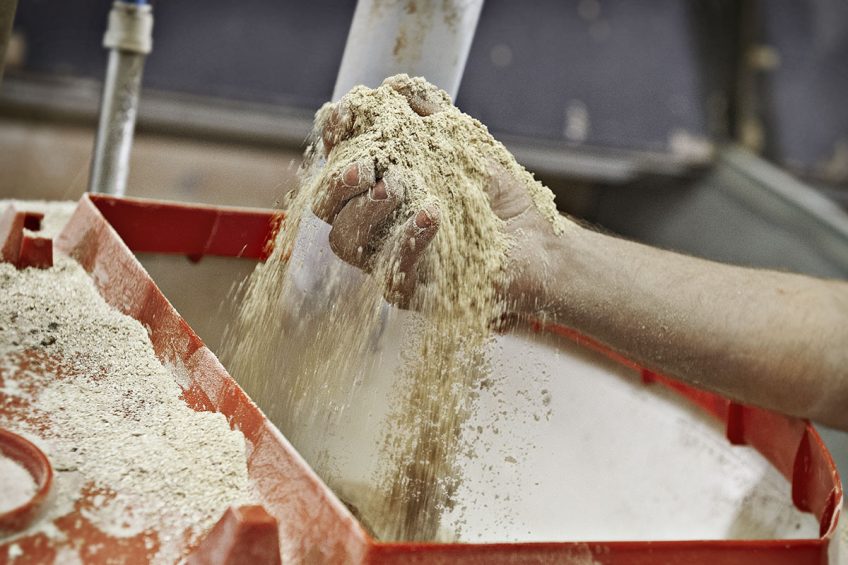
Formulating a piglet starter diet is today almost as much an art as it is a science. As every feed nutritionist knows from experience, there are many considerations involved in making sure that pigs not only eat the feed but also grow efficiently and healthily.
Research is developing new nutrient specifications in line with piglet needs
New knowledge is gradually taking the art out of formulating piglet starter feed. By insisting on a scientific approach, researchers are developing a set of ingredients that can meet the specific dietary requirements of younger animals and maximize their growth and performance.
Among the focus areas right now is the question of nutrient digestibility. In a meta-analysis conducted by HAMLET PROTEIN in collaboration with the University of Illinois, it was found that the digestibility of the amino acids (AA) in different soy-based ingredients changes as piglets become older.
10% lower SID AA in piglets
As most published values for ingredient digestibility have been determined in growing or finishing pigs, the meta-analysis confirms that such standardized ileal digestibility (SID) values are not applicable to pigs that weigh less than 20kg.
In fact, the study’s findings show that the SID AA measured in pigs below 20kg is about 10% lower than that of pigs above 20kg. Taking the amino acid lysine as an example, figure 1 shows the potential difference in formulation if the SID lysine of all the protein components in the diet is reduced by the same amount as the soybean meal in the meta-analysis.
But what are the implications of this when formulating post-weaning pig diets?
The right balance and amount of amino acids
First of all, if the SID AA values are used to formulate diets for piglets, then the AAs that are actually absorbed by the young pigs are somewhat less than those calculated. By the same token, the SID AA requirements of young pigs will also be overstated because they are based on published values that reflect the requirements of older growing/finishing pigs.
As the meta-analysis only included soy-based ingredients, it is not known if the age-related difference in SID AA values is consistent across all ingredients used to formulate feed for the early phases of nursery diets. However, should further research reveal that the age-related change in SID AA values is consistent across animal meals, high protein vegetable meals and grains, then the use of published values will result in the correct proportion of ingredients in the feed but will overstate actual SID AA requirements.
If, on the other hand, the age-related change in SID AA values turns out not to be consistent across all ingredients, then the use of published values will rank feed ingredients incorrectly. In that case, the calculated values will be overstated, and the nutrients less efficiently utilized by the young pig than expected – with a likely negative impact on pig performance.
This brings us back to the original statement about the formulation of pig starter diets being more of an art form than a science. As nutrient digestibility continues to be measured in pigs below 20kg, a set of nutrient specifications is being developed specifically for young pigs. This is taking us one step closer to making decisions that are more scientifically based.
Author: Gary Fitzner, PhD, PAS, nutritionist at Hamlet Protein
Join 18,000+ subscribers
Subscribe to our newsletter to stay updated about all the need-to-know content in the pigsector, three times a week. Beheer
Beheer
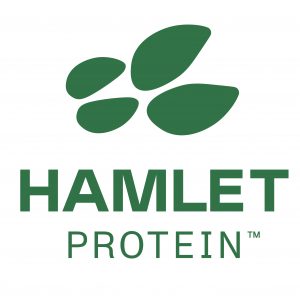
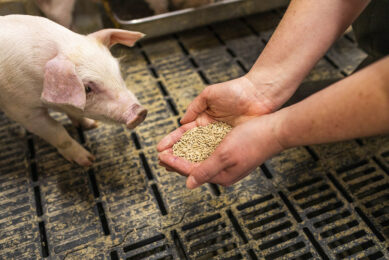
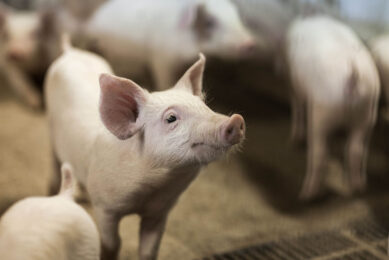
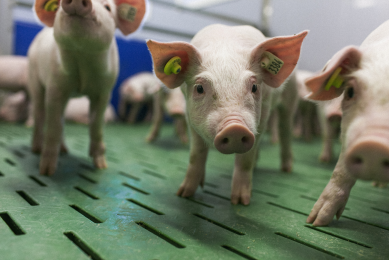
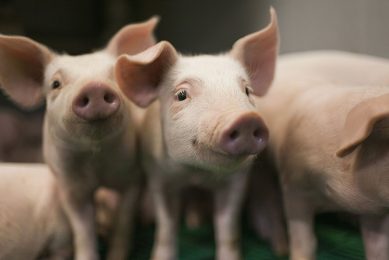
 WP Admin
WP Admin  Bewerk bericht
Bewerk bericht